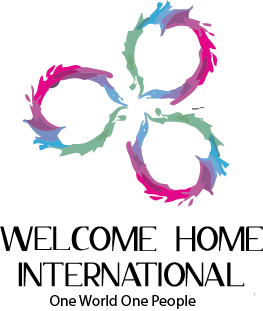PAPIRI
Once upon a time in Europe, there was a project called PAPIRI (Pedagogical Approaches, Provision, and Innovation for Young Refugees and Immigrants) that sought to make a difference in the lives of young migrants and refugees. These individuals, often under 30 years old, faced numerous challenges as they tried to integrate into their host countries. Some were refugees fleeing war-torn nations, while others were unaccompanied minors or young people lacking proper education.
Project PAPIRI was initiated to bridge this gap and create a platform for cooperation, knowledge exchange, and the dissemination of best practices. The project aimed to empower non-formal education entities by developing tools and materials that would enhance their work with young migrants and refugees. These resources would focus on critical areas such as linguistic provision and support, intercultural activities, risk prevention, mental health and psychological support, and digital pedagogy.
To achieve its objectives, Project PAPIRI was divided into three distinct phases. The first phase involved evaluating the local contexts and actions of partner organizations, identifying the specific needs of trainers and target groups, and sharing existing good practices. This initial assessment laid the foundation for the subsequent phases and informed the development of effective tools and materials.
The second phase, known as the Learning Activity (C1), aimed to bring together practitioners and experts in a collaborative research process. Through interviews, surveys, and focus groups, they gained valuable insights into the local environments, realities, and needs of each target group. The Learning Activity also provided a space for participatory observation, the exchange of good practices, and the development of didactic sessions and workshops. The ultimate outcome of this phase would be the creation of a comprehensive teaching and learning manual, equipped with session plans and resources.
In the final phase, the project focused on production, dissemination, and evaluation. The materials developed during the previous phase were refined and finalized, and a digital platform was established to ensure their widespread dissemination. Multiplier Events played a crucial role in spreading the project's results and engaging a broader audience. Through these events, the project aimed to reach not only the partner organizations but also other stakeholders and entities working with similar groups.
The main outcomes of Project PAPIRI were twofold. First, the teaching and learning manual provided a valuable resource for trainers, educators, and youth workers. It equipped them with the necessary tools to support young migrants and refugees in their educational and recreational activities. Second, the digital platform served as a hub for disseminating the created output, ensuring its accessibility and long-term impact.
Project number: 2021-1-ESO2-KA220-YOU-000029232
Website: www.papiri.net
